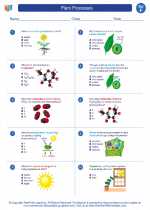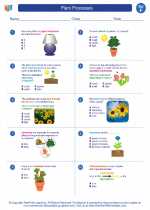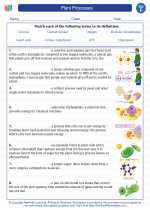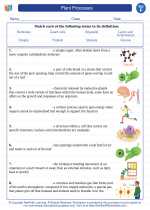Oxytocin: The Love Hormone
Oxytocin is a hormone that is produced in the hypothalamus and released by the pituitary gland. It plays a crucial role in various physiological and behavioral functions in the human body.
Functions of Oxytocin:
- Childbirth and lactation: Oxytocin stimulates uterine contractions during childbirth and also facilitates milk ejection during breastfeeding.
- Social bonding: Oxytocin is often referred to as the "love hormone" or "cuddle hormone" as it is associated with social bonding, trust, and empathy.
- Stress reduction: Oxytocin has been found to have a calming effect on the body, reducing stress and anxiety levels.
- Sexual arousal: Oxytocin is involved in sexual arousal and orgasm in both men and women.
- Parenting: Oxytocin plays a role in parental behavior, including nurturing and bonding with offspring.
Effects of Oxytocin:
Oxytocin has been linked to several physiological and psychological effects, including:
- Increased feelings of trust and generosity
- Reduced fear and anxiety
- Enhanced social recognition and bonding
- Regulation of emotional responses
- Positive effects on mood and well-being
Research and Clinical Applications:
Research on oxytocin continues to uncover its potential therapeutic applications in various conditions, including autism spectrum disorders, social anxiety, and postpartum depression.
Study Guide:
Here are some key points to remember about oxytocin:
- Where is oxytocin produced in the body?
- What are the physiological functions of oxytocin?
- How does oxytocin influence social behavior and bonding?
- What are the potential clinical applications of oxytocin?
- Discuss the effects of oxytocin on emotional and psychological well-being.
Understanding the role of oxytocin in the body and its impact on behavior and emotions can provide valuable insights into human social interactions and the potential for therapeutic interventions.
.◂Science Worksheets and Study Guides Sixth Grade. Plant Processes
Study Guide Plant Processes
Plant Processes  Activity Lesson
Activity Lesson Photosynthesis & Respiration
Photosynthesis & Respiration  Worksheet/Answer key
Worksheet/Answer key Plant Processes
Plant Processes  Worksheet/Answer key
Worksheet/Answer key Plant Processes
Plant Processes  Worksheet/Answer key
Worksheet/Answer key Plant Processes
Plant Processes  Worksheet/Answer key
Worksheet/Answer key Plant Processes
Plant Processes  Vocabulary/Answer key
Vocabulary/Answer key Plant Processes
Plant Processes  Vocabulary/Answer key
Vocabulary/Answer key Plant Processes
Plant Processes 

 Activity Lesson
Activity Lesson
 Worksheet/Answer key
Worksheet/Answer key
 Worksheet/Answer key
Worksheet/Answer key
 Worksheet/Answer key
Worksheet/Answer key
 Worksheet/Answer key
Worksheet/Answer key
 Vocabulary/Answer key
Vocabulary/Answer key
 Vocabulary/Answer key
Vocabulary/Answer key

The resources above cover the following skills:
LIFE SCIENCE
From Molecules to Organisms: Structures and Processes
Students who demonstrate understanding can:
Construct a scientific explanation based on evidence for the role of photosynthesis in the cycling of matter and flow of energy into and out of organisms.